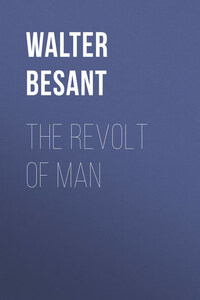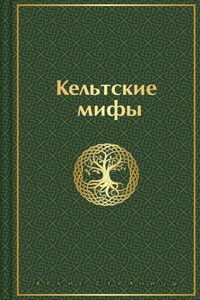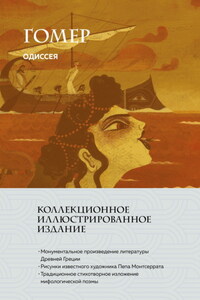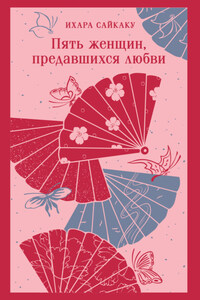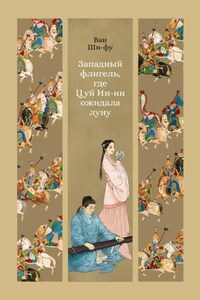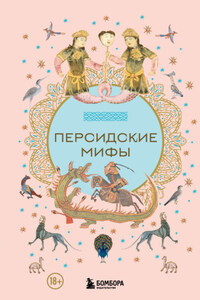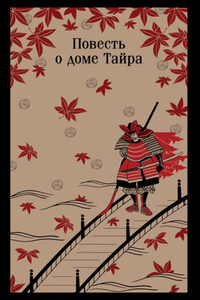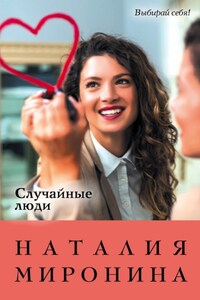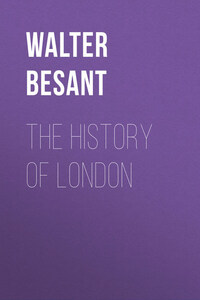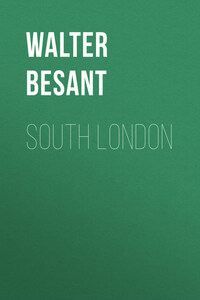IT is now fourteen years since this book appeared anonymously. At first the story stood cold and shivering, disregarded by the world. Six weeks, however, after its production a highly appreciative review in one of the most important journals caused people to inquire after it. Since then it has gone through many editions.
Every one who has written stories knows the unaccountable difference there is between the ease and delight of writing some and the difficulties and troubles which attend the writing of others. The Revolt of Man was written during a certain summer holiday; day by day chapter by chapter, was read out, as it was finished, to two ladies. It is needless to say that their comments on the progress of events were often most valuable. Above all I may now acknowledge their advice as to the conclusion of the story. At first it ended in a real battle. ‘Let the Revolt of Man be bloodless,’ said my advisers. It is bloodless. The advice was excellent, and I followed it; and now, after fourteen years, I take this opportunity of thanking them.
W. B.
United University Club;
BREAKFAST was laid for two in the smallest room – a jewel of a room – of perhaps the largest house in Park Lane. It was already half-past ten, but as yet there was only one occupant of the room, an elderly lady of striking appearance. Her face, a long oval face, was wrinkled and crow-footed in a thousand lines; her capacious forehead was contracted as if with thought; her white eyebrows were thick and firmly drawn; her deep-set eyes were curiously keen and bright; her features were strongly marked, – it was a handsome face which could never, even in early girlhood, have been a pretty face; her abundant hair was of a rich creamy white, the kind of white which in age compensates its owner for the years of her youth when it was inclined to redness; her mouth was full, the lower lip slightly projecting, as is often found with those who speak much and in large rooms; her fingers were restless; her figure was withered by time. When she laid aside the paper she had been reading, and walked across the room to the open window, you might have noticed how frail and thin she seemed, yet how firmly she walked and stood.
This wrinkled face, this frail form, belonged to the foremost intellect of England; the lady was none other than Dorothy Ingleby, Professor of Ancient and Modern History in the University of Cambridge.
It would be difficult, without going into great detail, and telling many anecdotes, to account for her great reputation and the weight of her authority. She had written little; her lectures were certainly not popular with undergraduates, partly because undergraduates will never attend Professors’ lectures, and partly because the University would not allow her to lecture at all on the history of the past, and the story of the present was certainly neither interesting nor enlivening.
As girls at school, everybody had learned about the Great Transition, and the way in which the transfer of Power, which marked the last and greatest step of civilisation, had been brought about: the gradual substitution of women for men in the great offices; the spread of the new religion; the abolition of the monarchy; the introduction of pure theocracy, in which the ideal Perfect Woman took the place of a personal sovereign; the wise measures by which man’s rough and rude strength was disciplined into obedience, – all these things were mere commonplaces of education. Even men, who learned little enough, were taught that in the old days strength was regarded more than mind, while the father actually ruled in the place which should have been occupied by the mother; these things belonged to constitutional history – nobody cared much about them; while, on the other hand, they would have liked to know – the more curious among them – what was the kind of world which existed before the development of culture gave the reins to the higher sex; and it was well known that the only person at all capable of presenting a faithful restoration of the old world was Professor Ingleby.
Again, there was a mystery about her: although in holy orders, she had always refused to preach; it was whispered that she was not orthodox. She had been twice called upon to sign the hundred and forty-four Articles, a request with which, on both occasions, she cheerfully complied, to the discomfiture of her enemies. Yet her silence in matters of religion provoked curiosity and surmise – a grave, woman, a woman with all the learning of the University Library in her head, a woman who, alone among women, held her tongue, and who, when she did speak, spoke slowly, and weighed her words, and seemed to have written out her conversation beforehand, so pointed and polished it was. In religion and politics, however, the Professor generally maintained silence absolute. Now, if a woman is always silent on those subjects upon which other women talk oftenest and feel most deeply, it is not wonderful if she becomes suspected of heterodoxy. It was known positively, and she had publicly declared, that she wished the introduction – she once said, mysteriously, the return – of a more exact and scientific training than could be gained from the political, social, and moral economy which formed the sole studies of Cambridge. Now, the Heads of Houses, the other professors, the college lecturers, and the fellows, all held the orthodox doctrine that there is no other learning requisite or desirable than that contained in the aforesaid subjects. For these, they maintained, embrace all the branches of study which are concerned with the conduct of life.
